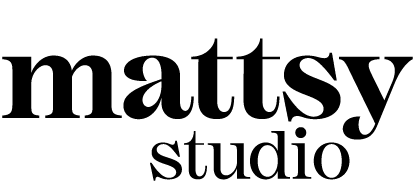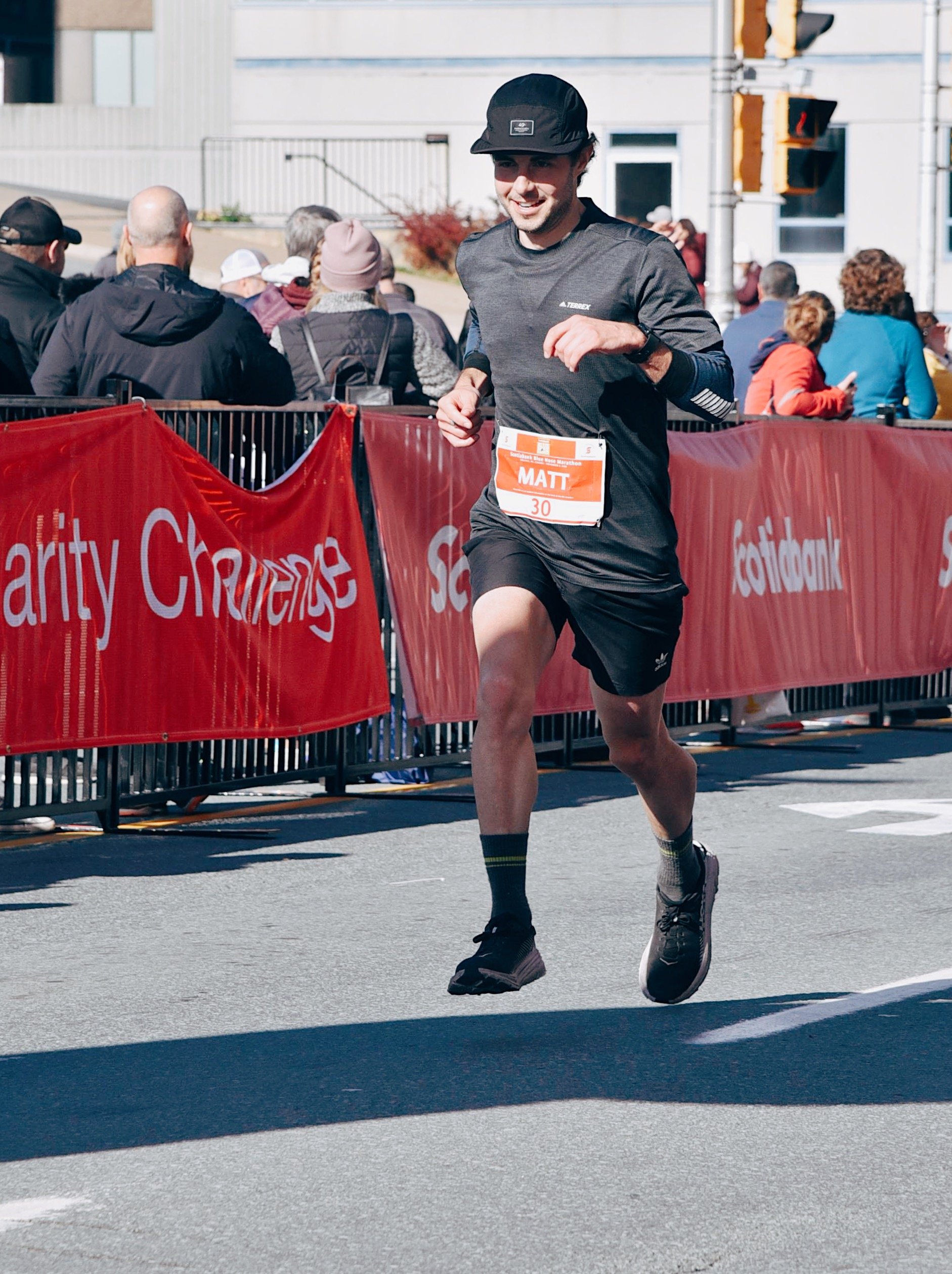Why I’m taking a Social Media Sabbatical
“We know about the child they just had... the trip they just took… but do we actually know anything about the emotional landscape of that person’s life? Perhaps friendships in social media feeds are more distant than they appear.”
— Carmella de los Angeles Guiol in “I Gave Up All Social Media for One Full Year”
The Urge to Share
On November 7th I ran my first road marathon. I hit the time goal I set for myself. As someone who only started running two years ago, it felt like an incredible achievement. Naturally, I wanted to celebrate by sharing on social media — I even posed for a photo to commemorate the experience specifically with this in mind. But the more I thought about it, there was nothing natural about this strange urge. Why wasn’t celebrating with my friends and family enough? What would I get from sharing this experience on Instagram? Why did I run this marathon in the first place?
Why I chose this photo: I’m not smiling for anybody in the crowd, I’m smiling for me.
Over the last two years, I’ve struggled with why I continue to spend so much time on Social Media. It’s nice to celebrate your accomplishments, share your exciting adventures, and rally around a common cause. I understand these perceived benefits are part of what makes ecosystems like Instagram and Facebook attractive. When your life is publicly visible and freely observable, people make the leap that they’re up to date. It’s become clear to me that the cost of this is higher than its payoff. As Guiol writes, “Our curiosity gets dampened by the overabundance of information.”
While I had no trouble quitting Facebook, I’ve come to see Instagram as my kryptonite. I’ve tried implementing rules. You could take a moderate approach like Cal Newport’s “schedule in advance when to indulge in social media and stay offline outside of those hours” from Digital Minimalism, but for me, that still requires too much reliance on discipline. I would argue that’s roughly equal to asking an alcoholic to schedule in advance when they’ll drink, and how much they’ll consume.
Considering a Sabbatical
Deleting social media in its entirety is not going to appeal to everyone. I’m not ready to commit to deleting my account, but I am willing to commit to a one-year sabbatical. As part of living an examined life, I simply can’t ignore articles like Madison Fischer’s “Why Ditching Instagram Earned me the Podium.” In it, Fischer hits on so many concepts I’ve been struggling with myself:
“In my eyes, deleting social media was a declaration that I don’t care about what people think or say about me. I had to ask myself why I train, why I compete. If not for the congratulations, recognition, status, reputation, if not for the podium, then why was I there? The answer was clear – I wanted to see what I could do. Nothing to do with you, or your friends, or the neighbors, or the members at my gym, or my competitors, or family. It was all within, as it should be, and as it has to be.” (Fischer)
I’ve experimented with quitting Instagram on several occasions. I’ve committed to taking breaks for weeks or a month at a time. I’m arriving at a year-long sabbatical for the same reason I quit alcohol for a full year, or I turned Vegan for a full year. In my experience, there’s something about a twelve-month cycle that doesn’t seem overwhelming, yet it allows enough time to take on the identity of Sober or Vegan. You can try that label out with your family, friends, and yourself to see how it feels (even if it is a temporary one). Personally, I like taking a lot of time in December to reflect on how my year went and if my values align with my goals, so this process makes sense for me. Whatever you do, make sure your chosen timeline is attainable and resonates with you.
My New Routine
“Rather than engaging in the solitary act of scrolling through social media, I used my sabbatical as a way to connect more deeply with my sister.” (de los Angeles Guiol)
I tend to think about things in a detached and abstract way. When I read Newport’s advice, “You’ll be better served by checking in on a few people you respect the most on Twitter or Instagram than wading through hashtags or scrolling aimlessly through a constantly refreshing feed” it made sense logically, but it didn’t resonate emotionally. I tried trimming the number of people I followed down to 500, then 200, then 100… and then I found myself on the explore tab. I needed a new strategy altogether. I started calling friends to ask how their life was going. Instead of shouting my accomplishments into the Instagram void, I was excited to hear how they were doing. Instead of waiting for my chance to talk, I was listening. Moreover, I was starting to see how caught up I was in curating my feed and telling my story.
During this sabbatical, I plan to use the newfound energy to curate my inner landscape. I’ve noticed a huge shift in myself from outwardly happy to an inward sense of happiness. This can only be accomplished by spending significant time alone and paying attention to what makes you feel more like you. Knowing who you are is not meant to be some kind of koan and it’s not as complex as it’s made out to be. It’s about doing what makes you feel good and spending time with people who make you feel safe and supported. Despite what people make you think, this will not make you a weak person: in my experience feeling safe and supported allows you to push yourself harder than you ever have.
This is my personal experience with social media and why — at least for me — I think the negatives outweigh the positives. It’s up to you to decide how you want to live your life. During my absence on social media, I will continue to write and share my process on this website. This format gives me the freedom and space to process things more holistically. As Newport writes, the “key to sustained success with a Digital Minimalist philosophy is accepting that it’s more about the quality of your life, not the technology.” Or perhaps you need a firm push from Fischer like I did, “At the very least, identify how social media limits you, because it does.”

